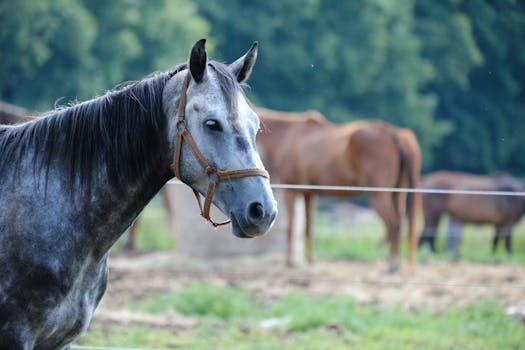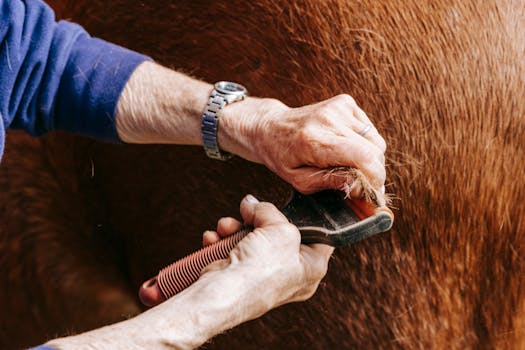You can work towards this role by doing a senior equine groom advanced apprenticeship.
This will usually take at least 18 months to complete.
Entry requirements
There are no set entry requirements but it may help you to get in if you have:
- 5 GCSEs at grades 9 to 4 (A* to C), or equivalent, including English and maths, for an advanced apprenticeship




